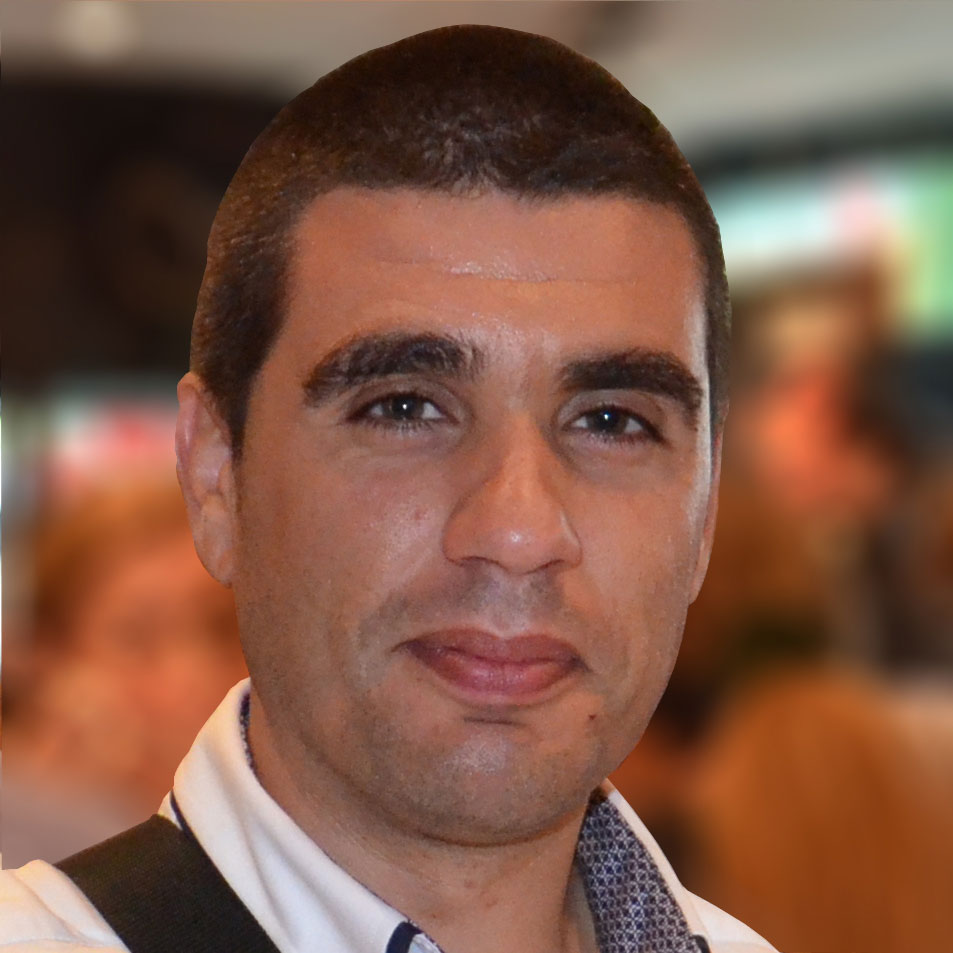Research
SmartHealth4all - Smart medical technologies for better health and care (SH4All)
The SmartHealth4all project - Smart medical technologies for better health and care (SH4All), mobilized by Health Cluster Portugal (HCP) and led by Siemens Healthineers, started in November 2020, being financed by Portugal 2020.
The consortium brings together more than 30 institutions and its main objectives are to develop innovative products and services in the area of digital health and medical technologies, aiming to improve the lives of people affected by chronic diseases and others related to the aging of the population.
SH4All crosses different areas of knowledge, from medical and health sciences to engineering; as well as high-tech sectors such as nanotechnologies; and traditional ones, such as textiles, footwear, plastics and furniture. As it is a mobilizing project, it is structured in subprojects (PPS) that aim to create new products, processes or services (PPS). All of them will be monitored by a scientific, legal and regulatory commission composed of HCP, CEIC, DGS, Infarmed, INPI and SPMS.
There are six subprojects that will develop the solutions to be presented to the market:
-
PPS 1 Development and Testing Platform -
PPS 2 Personal Health Devices -
PPS 3 Mobile Health Apps -
PPS 4 Home Health Devices -
PPS 5 Medication Management Devices -
PPS 6 Project Coordination, Promotion, Dissemination and Exploration of Results
NanoSTIMA – Macro-to-Nano Human Sensing: Towards Integrated Multimodal Health Monitoring and Analytics
Future human sensing systems will be multi-layered networks of sensor and actuator devices, ranging from the macro to the nano level. Ecosystems of interoperable tiny devices at these different layers will exchange data and commands seamlessly to make us more aware of our health, act earlier to potential disease signs ans surely drive our society for a lower cost of healthcare.
Furthermore, this envisioned paradigm will turn our society more prepared for aging population demographics that is already a certainty for the coming 50 years. Nevertheless, there are two main challenges to be approached for this envisioned paradigm become reality: 1) Evolve from today’s macro to tomorrow’s micro and nano human sensing technologies that will be key players in the coming revolution that will occur in the health and wellbeing industry. 2) Tackle the tons of information all these wearable and implanted sensors will generate, integrating it with data from other sources, such as medical records, genetic data and even social media and use it to draw a broad picture of the patient as an individual, in order to offer a tailored healthcare therapy - what we call the future health BIG data problem. This project is structured in the following research lines:
- RL1: Macro-to-Nano Human Sensing Technologies
- RL2: Health data collection and visualization
- RL3: Health data infrastructure
- RL4: Health data analysis & decision
- RL5: Advanced Methodologies for Computer-Aided Detection and Diagnosis
SIBILA
The SIBILA project aims at developing a set of tools that will effectively support the decision making process in organizations, and facilitate the process of building data-driven solutions.
These tools will be able to process and represent complex sources of data, such as multi-relational and/or web data, and to, given a user-defined task, semi-automatically select the best components at hand and compose them together. To do so, SIBILA will require progress at the level of knowledge representation and data mining techniques.
Moreover, the complexity of SIBILA will require contributions in software engineering and language development. Next, we discuss in more detail the main challenges facing SIBILA: knowledge representation and inference, web data, learning technology, and system engineering.
AAL4ALL
Developed societies are currently facing severe demographic changes: the world is getting older at an unprecedented rate. In 2000, about 420 million people, or approximately 7 percent of the world’s population, were aged 65 or older.
By 2050, that number will be nearly 1.5 billion people, about 16 percent of the world’s population. This demographic trend will be also followed by an increase of people with physical limitations.
New challenges will be raised to the traditional systems of health care, not only in Portugal, but also in all other European states. There is an urgent need to find solutions that allow to extend the time people can live in their preferred environment by increasing their autonomy, self-confidence and mobility.
AAL4ALL presents an idea for an answer through the development of an ecosystem of products and services for Ambient Assisted Living (AAL) associated to a business model and validated through large scale trial.
More information about AAL4ALL – AAL4ALL website

